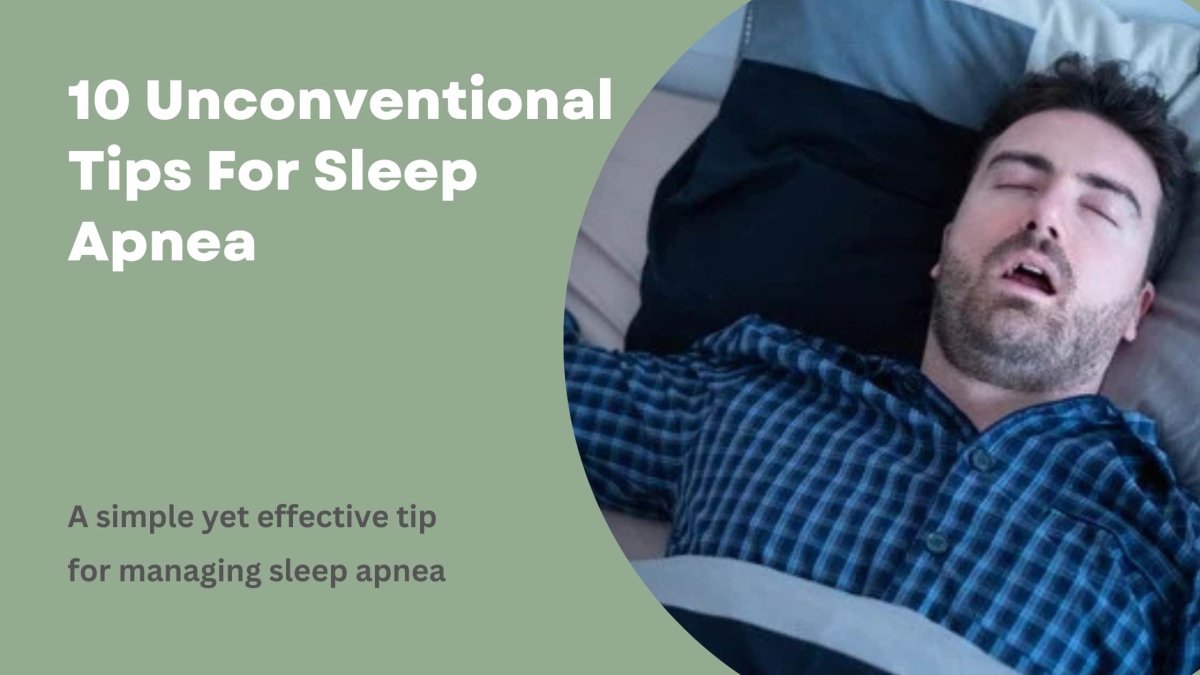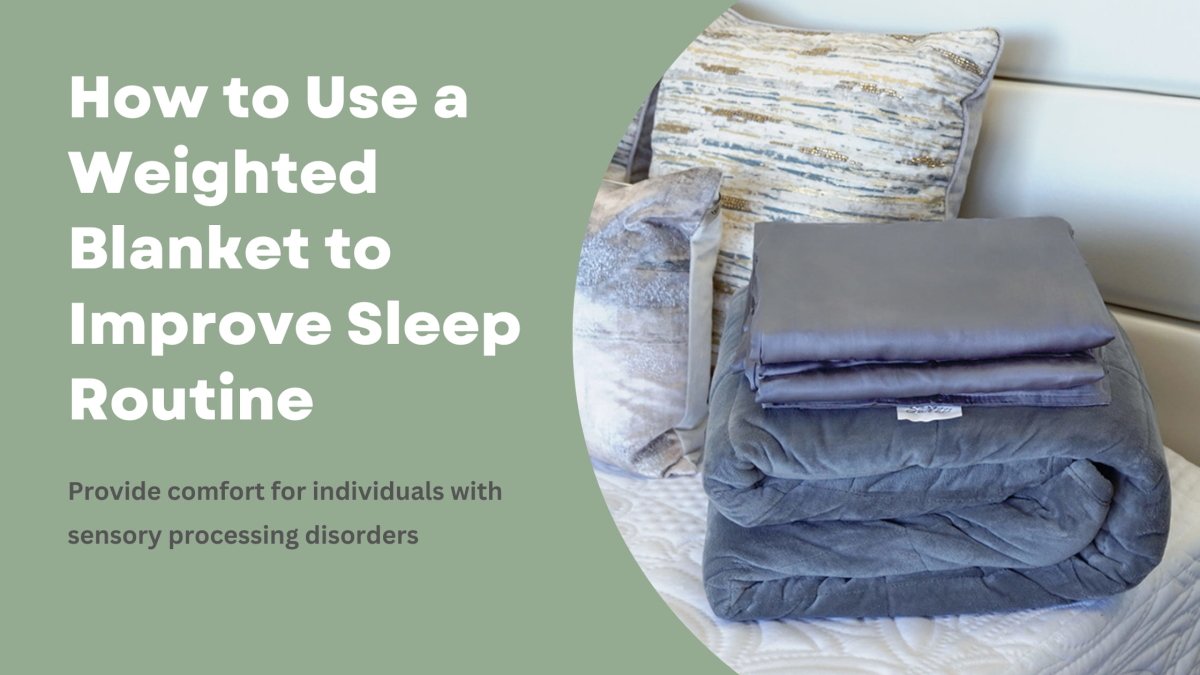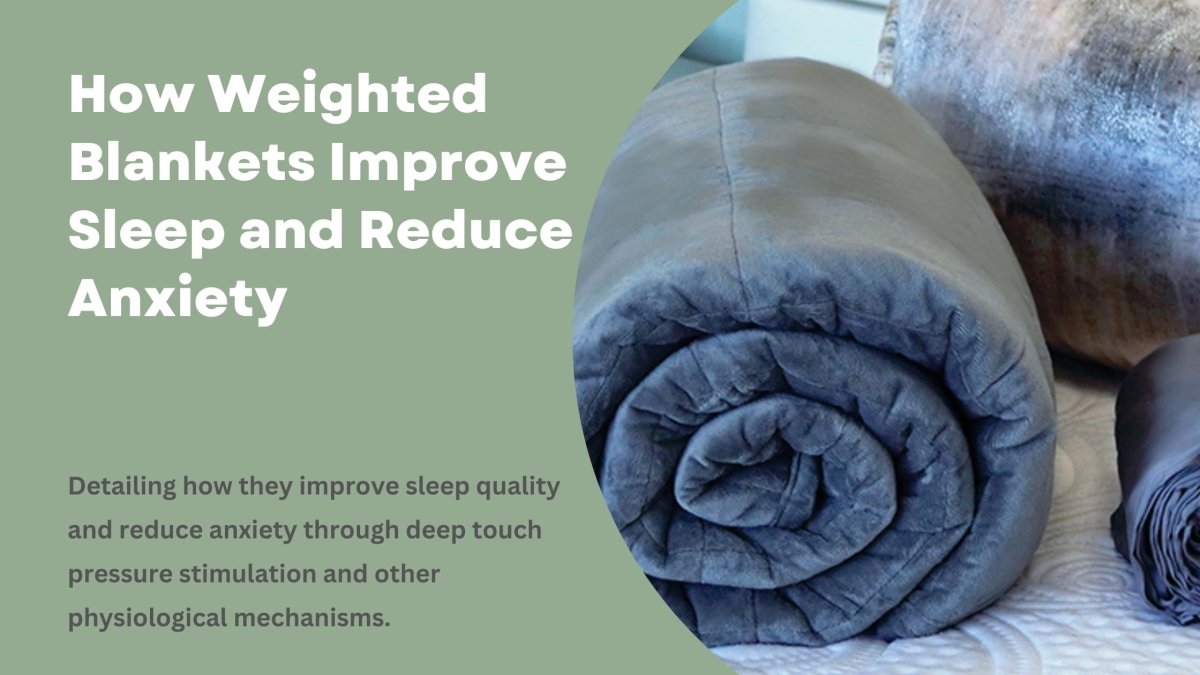10 Unconventional Tips For Sleep Apnea
10 Unconventional Tips For Sleep Apnea
1- Elevate Your Bed
A simple yet effective tip for managing sleep apnea is to slightly elevate the head of your bed. This adjustment uses gravity to your advantage, helping to keep your airway open and reduce the occurrence of apnea episodes during sleep.
2- Weighted Blankets
Weighted blankets have been found to help manage sleep apnea in some cases. The pressure from the blanket might help reduce restlessness and promote deeper sleep, which in turn, could result in fewer apnea episodes.
3- Buteyko Breathing Technique
This method, developed by a Russian doctor, involves specific exercises to change breathing patterns. It can help strengthen the respiratory system and improve oxygen-carrying capacity, potentially reducing sleep apnea symptoms.
4- Singing Exercises
Singing can work to strengthen the muscles in your throat and soft palate. Regular singing exercises can potentially alleviate snoring and sleep apnea symptoms, promoting a more restful night’s sleep.
5- Quit Smoking
Smoking can increase inflammation and fluid retention in the upper airway, exacerbating sleep apnea. Quitting can improve your overall health and reduce the severity of sleep apnea symptoms.
6- Consider Side Sleeping
Sleeping positions greatly influence breathing patterns. For individuals with sleep apnea, back-sleeping can exacerbate symptoms due to the gravity-induced collapse of the airway. Shifting to side-sleeping can help keep the airway open, potentially reducing the frequency and intensity of apnea episodes.
7- Chewing Gum Exercise
It may sound unconventional, but chewing sugar-free gum can help strengthen your jaw and throat muscles over time, which could potentially reduce the occurrence of sleep apnea episodes.
8- Herbal Remedies
Some herbs, like lavender and chamomile, may have sedative properties that can help induce deeper sleep and potentially reduce sleep apnea episodes. Always consult with a healthcare professional before starting any new herbal remedies.
9- Yoga for Better Breathing
Practicing yoga, particularly the breathing exercises known as pranayama, can enhance your lung capacity and oxygen flow. These improvements can help manage sleep apnea symptoms, making yoga a holistic approach to this common sleep disorder.
10- Aromatherapy
While not a cure for sleep apnea, aromatherapy may provide some relief. Essential oils like lavender and eucalyptus, known for their anti-inflammatory properties, can potentially reduce airway inflammation and open up airways, thus helping decrease apnea episodes.




